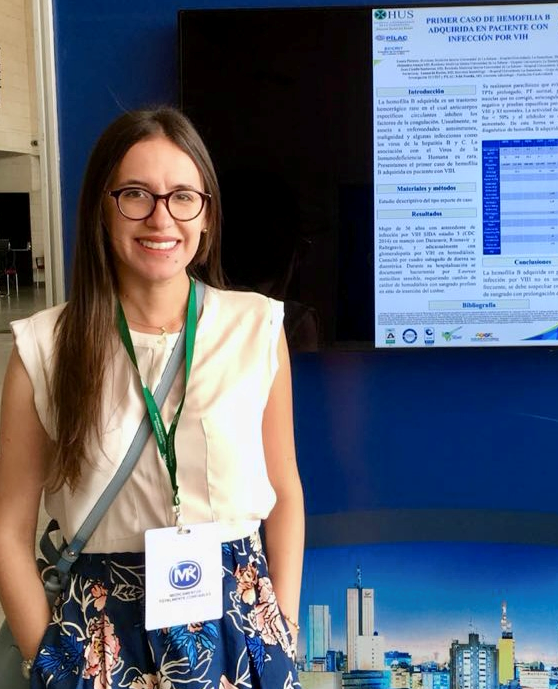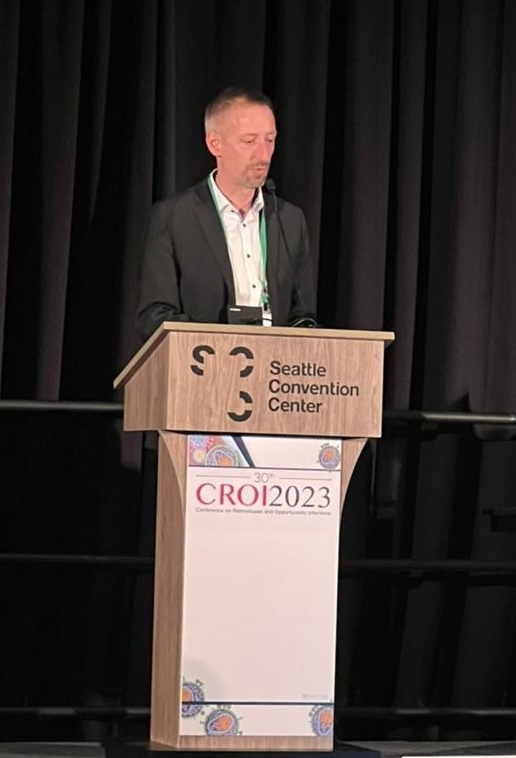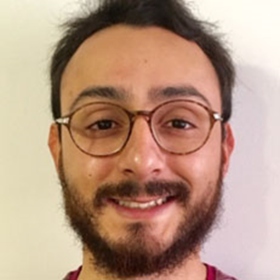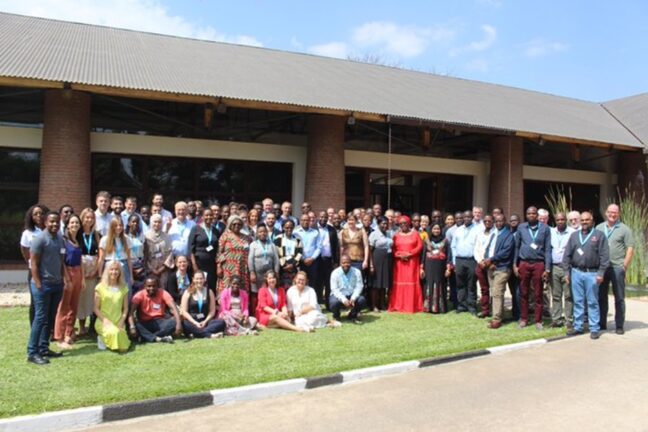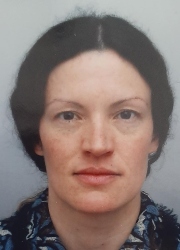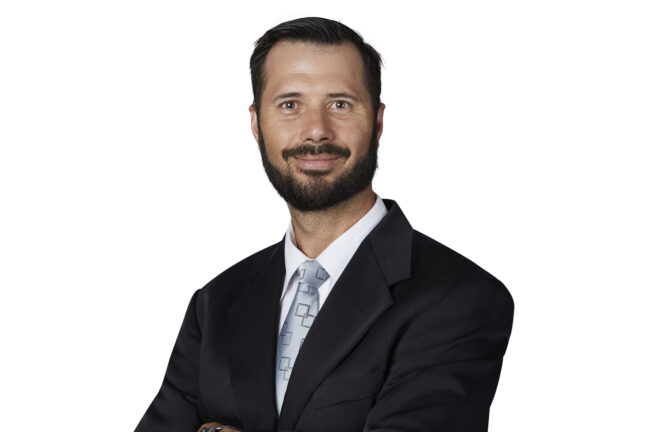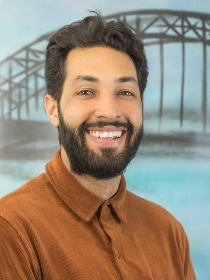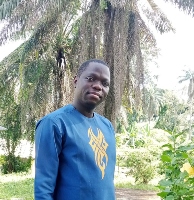Finally, after 2 years due to COVID-19, the PanACEA and SimpliciTB family were reunited in Malawi, hosted by Dr Marriott Nliwasa, Kamuzu University of Health Sciences at Makokola Retreat, Mangochi. The hospitality and organisation of all of the teams made it a very successful and enjoyable meeting.
PanACEA
The first day started with a variety of workshops being held on, Finance (Rutger Spoor), Statistics (Patrick Philips), Microbiology (Tim McHugh) and Pharmacology Adherence Technology (Marion Sumari-de Boer). The Tuesday afternoon, we unofficially started the first part of the General Assembly on the occasion of the 2022 Annual meeting. This part of the meeting was chaired by Marriott Nliwasa and the stage was set for the scientific presentations of all PhD and Master students who receive or have received grants from PanACEA. At the end of the afternoon, we were able to experience 2 presentations of the work packages with an overview of clinical trials HIGHRIF 1, BTZ043 and PHENORIF.
Wednesday 21st September Professor Martin Boeree (Radboudumc) and Dr Marriott Nliwasa (Kamuzu University Health Sciences, Malawi) officially opened the Annual General Meeting and welcomed all the delegates.
Dr Norbert Heinrich and Professor Martin Boeree provided an overview on the status and preparations of clinical trials SUDOCU and STEP2C. Next up was a full programme from the expertise cores – sponsor responsibility & trial management, Drug management, clinical pharmacology and trials design and statistics, microbiology, biomarkers, data management, and genetics all of whom gave a comprehensive update on their progress followed by engaging question and answer sessions.
Rutger Spoor and Iris Spelier provided an update on finance and communications, followed by a discussion on PANACEA 2 Past-Present-Future and Next steps!
The final session on Day 3 focussed on consortium governance and was co-chaired by Dr Nyanda Ntinginya (NIMR-Mbeya), Johann De Bruyn (TASK) and Stellah Mpagama (KIDH) discussing the future of PanACEA 3, in particular the North South and South-South roles, support within the consortium and consensus on collaborations for the future.
The final item on Thursday was a very constructive contribution by Norbert Heinrich on:
Kapiri
Malawi (one of poorest countries in the world) also faces some problems such as climate warming and lack of water. In cooperation with locals, trees are being planted to capture a huge amount of carbon dioxide. And since 2019, 4 boreholes have been realized. More information www.kapiri.de
SimpliciTB
TB-MBLA training Programme, Sunday 18th – Monday 19th September 2022, Kamuzu University of Health Sciences, Blantyre, Malawi
Trainers from St Andrews, and NIMR-Mbeya conducted Tuberculosis Molecular Bacterial Load Assay (TB-MBLA) training in Blantyre, Malawi. Discussing the principle & application to TB treatment response monitoring followed by delivering a hands-on session for the new clinical trial OptiRiMoxTB sites.
Delegates from the SimpliciTB workshop work with Dr Wilber Sabiiti (University of St Andrews) to learn how to perform the TB MBLA that will be applied to monitor treatment response in the forthcoming OptiRiMoxTB trial.
Tuesday 20th September Community Engagement (CE), Measurement & Evaluation Workshop
Here we built engagement capacity in clinical research, focussing on Good Participatory Practices (GPP) experiences and plans for a youth development programme. Importantly, we developed indicators for monitoring and evaluation impact of CE.
Thursday 22nd September
Dr Derek Sloan, Professor Stephen Gillespie and Julie Anderson (University of St Andrews) opened the meeting, welcoming international colleagues, reflecting on achievements and future goals. Rutger Spoor (Radboudumc) provided a finance update.
We welcomed Leandra Lombard (TB Alliance, South Africa) who provided a progress update on the SimpliciTB Trial and capacity development at sites.
Professor Timothy McHugh (University College London) provided a presentation on “Microbiology – beyond outcome data”.
The goal of Capacity Development is to support local sites to conduct clinical trials, upgrading existing infrastructure and promoting leadership.
- Dr Wilber Sabiiti and Dr Leticia Muraro Wilber (University College London) updated on Biomarker training and procurement of phase 1 and phase 2 equipment for the new trial sites.
- Drs Erica Sanga, Christine Laidson (NIMR-Mwanza, Tanzania) and Zani de Wit (UCT-LI, South Africa) summarised the Community Engagement activities, the Youth Health Ambassador Programme and updated delegates on the Monitoring & Evaluation programme.
- Dr Stella Mpagama and Dr Alphonce Liyoyo (Kibong’oto Infectious Diseases Hospital, Tanzania) introduced and updated on the progress of OptiRiMoxTB a new phase III multi-centre clinical trial, workshop sessions to discuss trial preparation were also held. Tanzania is leading the new trial, with mentorship from University of St Andrews and Radboudumc, strengthening research capacity in Gabon, Malawi & Mozambique.


